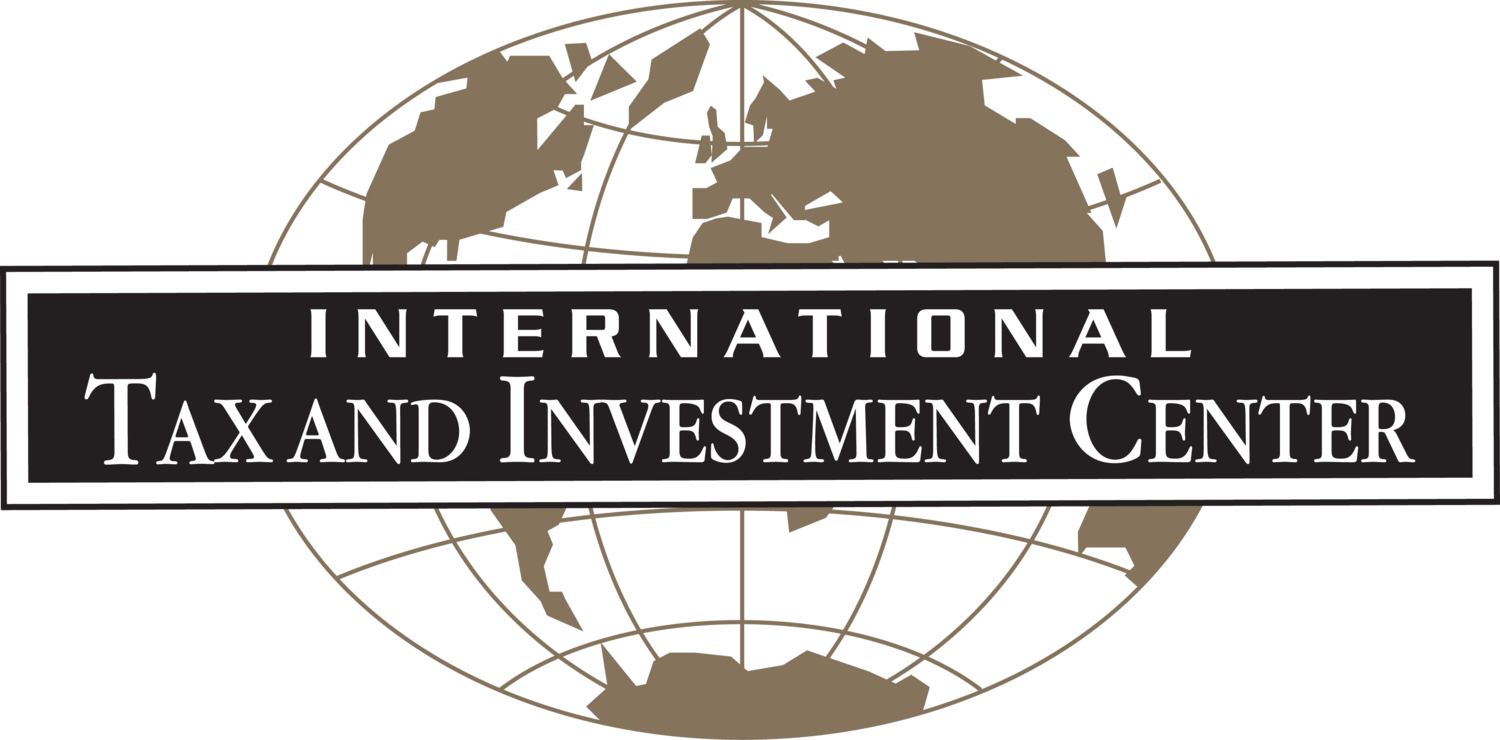Tax and Customs Code Unification
During a press briefing last week with visiting IMF Managing Director Christine Lagarde, Kazakh Prime Minister Karim Massimov stated that the Kazakh Government does not intend to speed up the work on unifying the Tax and Customs Codes, noting that, "We have developed a new Tax Code, which is likely to be aligned with the Customs Code. Initially we planned to have come up with concrete decisions this year, but now we have decided that we need about one year to make a final decision."
He added that, "There have been discussions regarding the modernization of the Budget Code and the possible consolidation of expenditures and accounts between different levels of government. I think we roughly have one year to thoroughly discuss it and to consult with the IMF, to study the best international practices, and discuss with other international financial organizations."
He stressed that these consultations were necessary: "In order that we can, for the better development of Kazakhstan, have a period wherein to maximize the benefit from the transparency of such consultations, we are better able to fight corruption, and to assist those at work on the program of diversification of the economy. For these purposes, the National Bank should take more into account the position of the local currency and, in the end, this should lead to the diversification of the economy and improvement in the welfare of the people of Kazakhstan. We want therefore a year to discuss and adopt."
Indirect Taxation: Kazakhstan and the EAEU
The Kazakh Government plans to introduce a sales tax in place of VAT, in addition to plans for the unified tax and customs code, which will require coordination with the Eurasian Economic Union.
Timur Suleimenov, the Eurasian Economic Commission’s Board Minister for Economy and Financial Policy, noted that, "The fact is that we have, in the Agreement on the Eurasian Economic Union (Taxation Section Appendix 18), the Protocol on the Principles of Levying Indirect Taxes in Mutual Trade. And there appears everywhere in the Protocol provisions concerning application of indirect taxes - excise duty and VAT. Accordingly, changes in the structure of taxation in one of the member countries require amendment of the Agreement."
He continued, "Concerning the content of the (to-be-) amended Agreement, certain issues will require study (e.g., the goods and services to be subject to Kazakhstan's sales tax – instead of VAT), the place of delivery thereof, the taxpayer therefore, etc. Nonetheless, the EEC and the Kazakh Ministry of Economy and the Finance Ministry know that it will be necessary to work out the new situation, and we will work in close contact, so everything is under control."
Minister Suleimenov also expressed confidence that these issues will be resolved in a timely manner, noting that, "The introduction of the unified Kazakhstan Tax and Customs Code has been postponed for a year, so there is still time."
Indirect Taxation in the EAEU
Issues of indirect tax within the EAEU also continue as member states develop national policies on other public issues impinging tax policy. For example, whether Kazakhstan introduces excises on certain products (for health or other reasons) traded within the EAEU is a sovereign decision of Kazakhstan, since tax sovereignty is a condition of Union membership. However, there could be a legal issue owing to the application to excisable goods of the “destination principle,” as stipulated by the Union treaty.
Action on excises is a matter of tax policy for the Finance Ministry -- not the Ministry of Health, which is always demanding higher “sin taxes,” even though simply raising the excise rates is not an effective public health measure.
Nonetheless, the general trend in the Union is for harmonization of excises – meaning for Kazakhstan, upward. Also, Armenia and Kyrgyzstan, new Union members, are being obliged to increase excises. As a practical matter, with Kazakh markets saturated with smuggled goods, harmonizing excises is more of an acute issue than a long-term policy objective. Trading conditions within the Union are also under strain from Members’ exchange rate policies. Coordination of monetary policy is broadly prescribed by the Union treaty, but from recent experience, there clearly is scope to realize this objective.
De-Criminalization
During the 29th plenary session of the Foreign Investors Council held last week in Astana, foreign investors proposed a recommendation to the Kazakhstan Government to decriminalize tax violations in the case of voluntary payment of taxes and fines.
They noted that the: "Criminal liability of investor company’s officials for minor tax offenses remains a problematic issue. A relatively small threshold of unpaid taxes (20 thousand MCI=about 42 million KZT, or $126,000) is the basis for instituting criminal proceedings. Many foreign investors are major taxpayers, and a small mistake in their calculations can lead to an amount of arrears in excess of the threshold, resulting in the automatic imposition of criminal liability. They need anyway to refund to the Budget the full amount of the tax liability plus stipulated penalties and severe fines. An additional criminal prosecution for the same offence is in our view inappropriate."
President Nazarbayev instructed the Government to consider this and other proposals, reportedly noting, "They are practical, they are profitable and create conditions for foreign investors."
Offshoring
During the Astana Economic Forum on 26 May, under the auspices of the United Nations, President Nazarbayev proposed the formation of a human capital development fund to help finance improvement in the quality of education and health in the poorest countries. The fund would be sourced from a one percent global tax on offshored assets.

